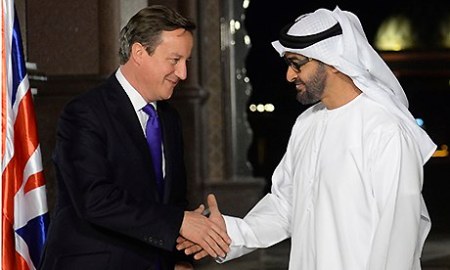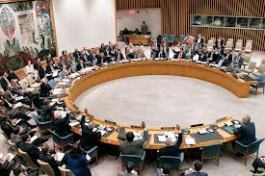Multilateral Diplomacy and Bilateral Diplomacy
Multilateral diplomacy is negations or talks held between 3 or more countries about political or international matters. The creation of the league of nations after the First world war was the first show of multilateral diplomacy. But it was also the foundation for future diplomacy and also laid the way for the United Nations, European Union and World Trade Organisation. These bodies have in common that they are leaders in multilateral diplomacy through the UN conferences that are held and through such bodies as the EU parliament.
However it must be states that bilateral diplomacy has not vanished fully, this can be most visible through secret back room deals between states that might not be so visible to the general public. One such example would be the the UK and Saudi talks over fighter jet sales over the last year and half which were bilateral and state to state with no other states involved.
On the other hand it must be said that the recent conflict in Syria has illustrated to an extent the use of multilateral diplomacy, with talks between security council states on the matter and their actions in trying to prevent further chemical attacks on civilians. Here we can see that multilateral diplomacy is an important aspect of future politics and international systems because it might be a way of preventing conflicts or ending current conflicts.
But it must be remembered that diplomacy can not just be either multilateral or bilateral, it has to have aspects of both depending on the situation and the issue. This is because some matters need to be done just between two states to protect state sovereignty of individual states and protect interest. It must also be remembered even though some states in the EU and NATO are obliged to certain degree of multilateral diplomacy it has to be said that there is a degree of bilateral diplomacy that is carried out to protect self interest, and these can vary from economic interests to defence interests.


You have rightly pointed out; diplomacy cannot just be either multilateral or bilateral as particular situations may require having the aspects of both. However, the more we are interconnected become the more multilateralism rather than bilateralism becomes relevant. In other words with the advancement in IT and communication technology, bilateral issues have a great capacity to turn into global hence multilateral issues especially when there are a lot at stake and gains or losses to incur in conflicts. In reality, that is the main reason and not the humanitarian issue behind the Syria internal conflict as the major powers try to muscle each other out.